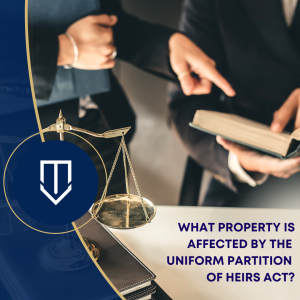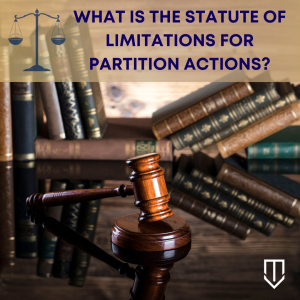 In most cases, no. Instead, the statute of limitations most frequently bars a partition action when a party’s rights to the property have lapsed due to an ouster.
In most cases, no. Instead, the statute of limitations most frequently bars a partition action when a party’s rights to the property have lapsed due to an ouster.
What is a Partition Action?
A partition action is an action brought by a co-owner of a piece of real property against another co-owner, seeking to divide the property according to the respective interests of the co-owners. Typically, a property is partitioned in one of two ways. A partition by sale, where the subject property is sold, and the proceeds of the sale are split according to the respective interests of the titleholders. A physical partition physically divides the subject property into separate parcels in accordance with the respective interests.
 California Partition Law Blog
California Partition Law Blog


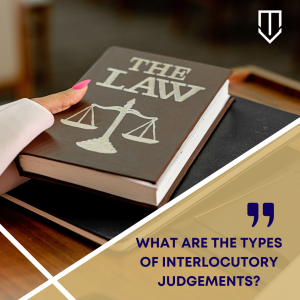 In California, in many
In California, in many  Even when a party finally secures a judgment of partition, the property itself must still be sold (or partitioned in another way). This raises a brand-new set of issues for litigants as they attempt to figure out the terms of sale, when the property should be sold, and, most importantly, the asking price.
Even when a party finally secures a judgment of partition, the property itself must still be sold (or partitioned in another way). This raises a brand-new set of issues for litigants as they attempt to figure out the terms of sale, when the property should be sold, and, most importantly, the asking price.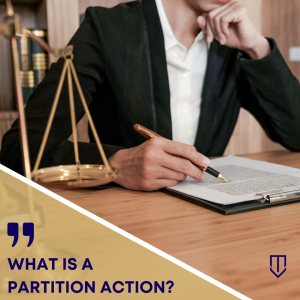 The appointment of a partition referee is one of the most important aspects of a
The appointment of a partition referee is one of the most important aspects of a  Even when a party finally secures a judgment of partition, the property itself must still be sold (or partitioned in another way). This raises a brand-new set of issues for litigants as they attempt to figure out the terms of sale, when the property should be sold, and, most importantly, the asking price.
Even when a party finally secures a judgment of partition, the property itself must still be sold (or partitioned in another way). This raises a brand-new set of issues for litigants as they attempt to figure out the terms of sale, when the property should be sold, and, most importantly, the asking price. The Partition of Real Property Act (PRPA) is an exciting new development in
The Partition of Real Property Act (PRPA) is an exciting new development in 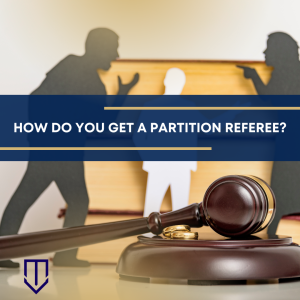 Partition litigation can be broadly categorized into two phases. In the first, the parties fight over whether there is a right to partition the subject property. If the court agrees that such a right exists, then the litigation shifts into the second phase, where the parties determine the manner and means by which the property is actually partitioned.
Partition litigation can be broadly categorized into two phases. In the first, the parties fight over whether there is a right to partition the subject property. If the court agrees that such a right exists, then the litigation shifts into the second phase, where the parties determine the manner and means by which the property is actually partitioned. Partitions by appraisal are a unique way to resolve a
Partitions by appraisal are a unique way to resolve a 